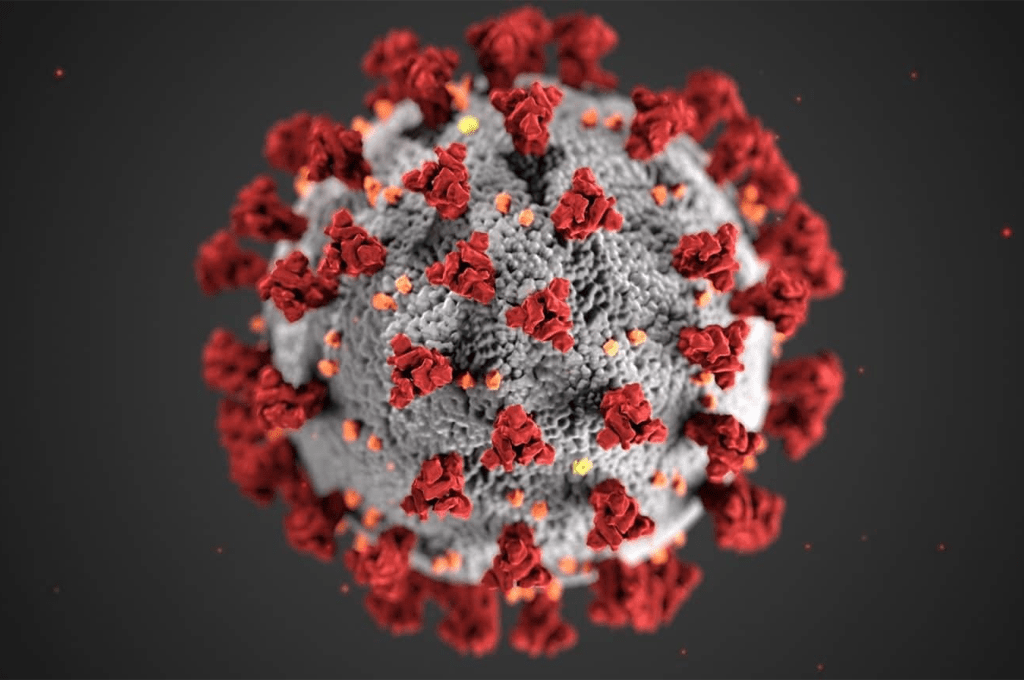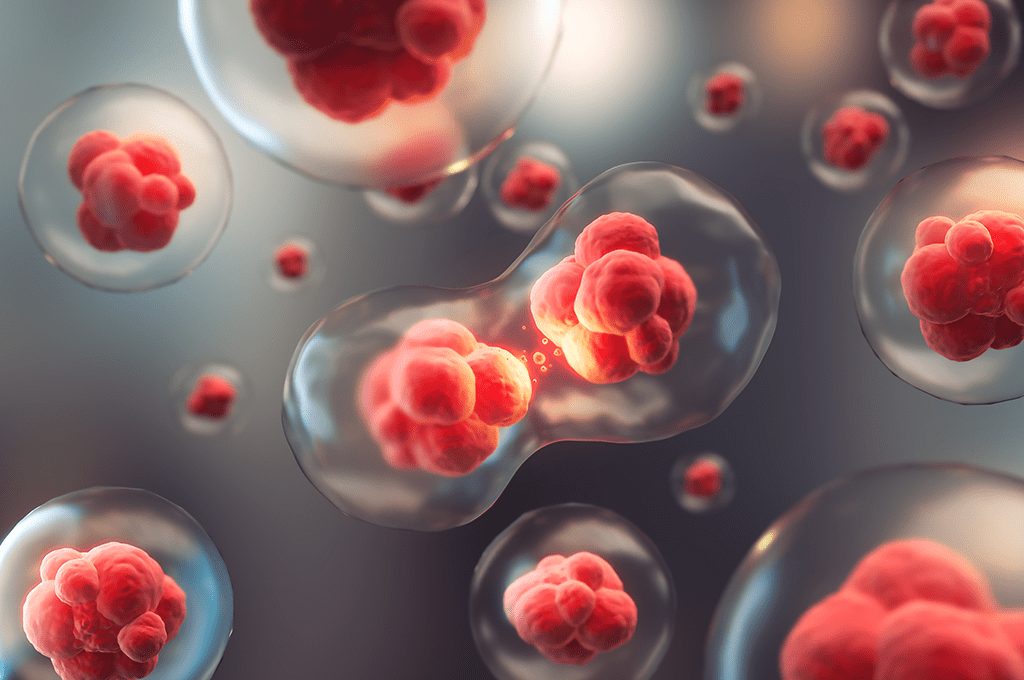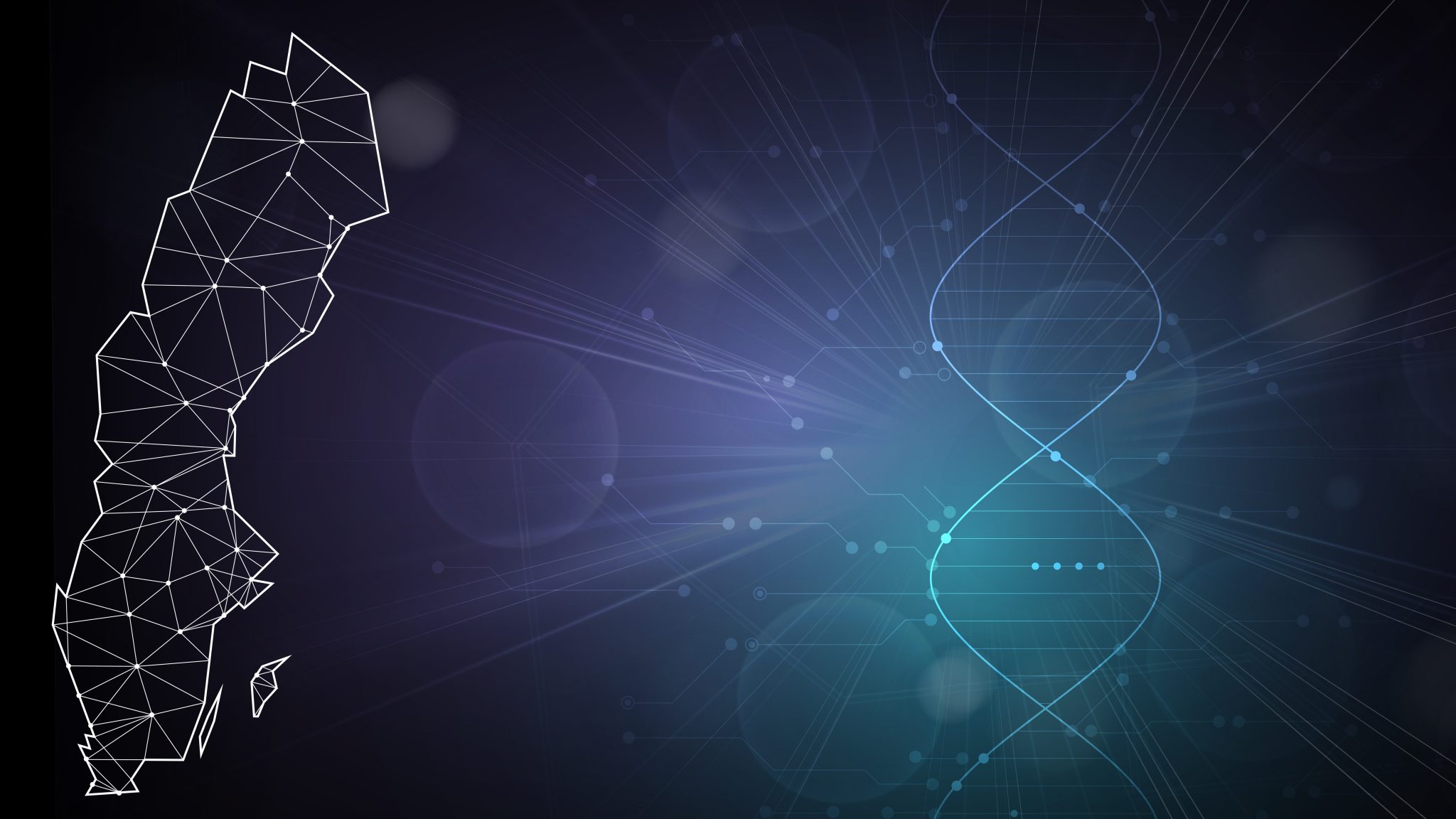New insights in the mechanisms of chemical chaperone
Trimethylamine-N-oxide (TMAO) enables certain marine organisms to live under conditions that would otherwise destroy their cells, and can even protect unstable human proteins like the tumor suppressor p53. A new study by Michael Landreh, David Lane, Sonia Laín, (all at Karolinska Institutet/SciLifeLab) and co-workers, shows that TMAO acts like a shield against harmful proteins, pushing them away from the protein surface. These insights, published in Journal of Physical Chemistry Letters, can potentially lead to new ways to protect unstable proteins that would otherwise unfold and cause cancer or neurodegeneration.
Read full scientific paper in Journal of Physical Chemistry Letters




